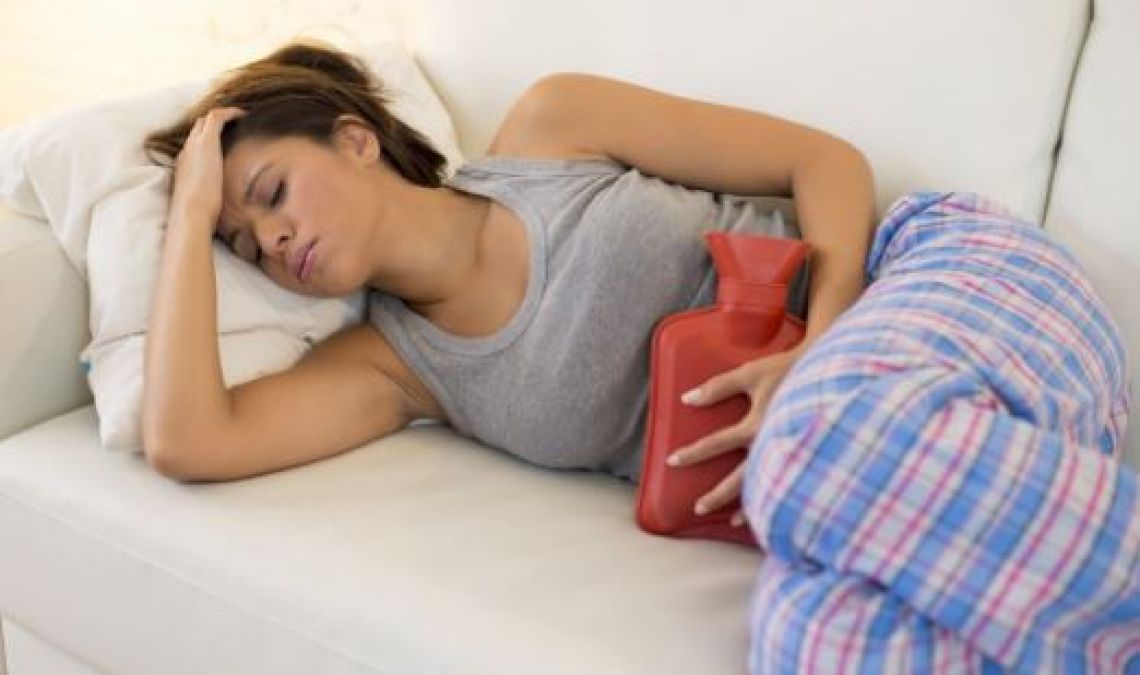
In our health care, every woman has to face periods after a certain age. These 5 days can often be uncomfortable and troublesome for the woman. During periods, the lining of the uterus comes out, which causes bleeding. During this time, hormonal changes occur in the body, which is called premenstrual syndrome (PMS). According to a study, fertility during periods can be 40-90% and symptoms like constipation can be a sign of PMS.
The connection between periods and constipation
Constipation before periods is usually caused by hormonal fluctuations, especially the rise in progesterone. This hormone relaxes the intestinal muscles, slowing down digestion. In addition, changes in estrogen levels can cause water retention, which hardens stools and increases constipation.
Poor diet and PMS
A poor diet can also worsen PMS. Eating fast food, sugary drinks, and deep-fried foods can worsen PMS symptoms and sleep deprivation. Changing your diet, such as increasing your intake of fiber-rich fruits, vegetables, whole grains, and legumes, can greatly reduce constipation. Staying hydrated is also important as water softens stools. Reducing your intake of processed foods and sugar can also reduce constipation.
Relief from yoga and physical activity
Lifestyle changes, such as regular physical activity, can improve digestive health during periods. Stress management techniques such as yoga and meditation may also be beneficial. Stress can have a negative impact on digestion. Regular bathroom habits and prompt response to the urge to have a bowel movement can prevent constipation from worsening.
The importance of proper exercise
According to Dr. Sharma, light activities such as walking, yoga and stretching promote intestinal movement. Yoga postures, such as child's pose or forward bends, can relieve abdominal tension and improve digestion. Regular aerobic exercise, even for a short period of time, can help enhance overall digestive health and reduce constipation.
Over-the-counter laxatives
Over-the-counter laxatives can also provide relief for constipation during periods, but they need to be used cautiously. Before starting any new treatment, it is important to consult a healthcare provider to ensure safety and suitability for individual health needs. Thus, proper diet, regular exercise, and proper care can help control and relieve constipation during periods.
Shivraj Singh Chauhan Criticizes Rahul Gandhi for Tarnishing India's Image Abroad
BJP Demands Mamata Banerjee's Resignation Over Rape and Murder Case; Supreme Court Orders Updates
Why the iPhone 16 Launch is Called 'It’s Glowtime': A Look at the Apple